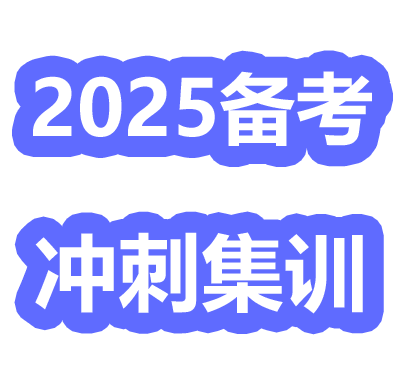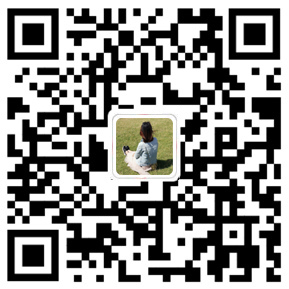
計劃說明
考研人數逐年增加,競爭之激烈使得我們不得不加急復習的日程。眾所周知,閱讀理解占據了考研英語二100分試卷的一半分值,而考研英語閱讀文章大多來自英美國家的主流報刊雜志,所以如果能在日常就多多閱讀這些文章,對以后讀懂文章做對題目來說會大有裨益。但是對大多數備考的同學來說,剛開始投入復習,就去讀考試文章難度的新聞報刊,也是不現實、并且不符合循序漸進的學習規律的,所以我們會在每次推送中,給大家給出兩篇短文,一篇是初階水平(大致在初高中水平);一篇是高階水平(四六級到考研水平);同學們可以根據自己當前的情況,選擇其中一篇進行學習。
學習步驟如下:
1.不看漢語譯文自己看一遍短文做理解
2.看漢語譯文比對自己理解的意思與之出入
3.強化記憶重點單詞(以記憶其漢語意思為主)
翻譯文段
On March 16th Bartleby left the offices of The Economist to head home.That was the last day when all editorial staff assembled in our London redoubt.And, at the time of writing, no date for a return to the office is in sight.
It is remarkable how quickly we have adapted. The newspaper has been written, edited and produced from couches and kitchen tables. January and February seem like an ancient era-the BC (before coronavints) to the new AD (afterdomestication).The shift may rival great workplace transformations in the 19th and 20th centuries. Twitter has already said that all its employees will be allowed to work from home permanently and Facebook expects half its staff to do so within a decade.
短文翻譯
3月16號,巴托比離開《經濟_學人》的辦公室回家了。那是所有編輯人員在我們的倫敦陣地集合的最后一天。并且在撰寫本文的時候,返回辦公室的日期尚不明確。
我們適應的太快了,真是不可思議。這份報紙是在沙發和餐桌上進行寫作、編輯和制作的。一月和二月仿佛是一個古老的紀元——公元前(冠狀病毒前)到新的公元(居家后)。這種轉變可能與19世紀和20世紀的職場大變革相匹敵。Twitter已經表示,允許所有員工永久居家辦公,Facebook預計其一半員工將在10年內完成這項轉變。
重點單詞
assemble [??sembl]
v.聚集; 集合; 收集; 裝配
remarkable [r??mɑ?k?bl]
adj.非凡的; 奇異的; 顯著的;
rival [?ra?vl]
n.競爭對手;
v.與…相匹敵; 比得上;
permanently [?p??m?n?ntli]
adv.永久地,永遠





